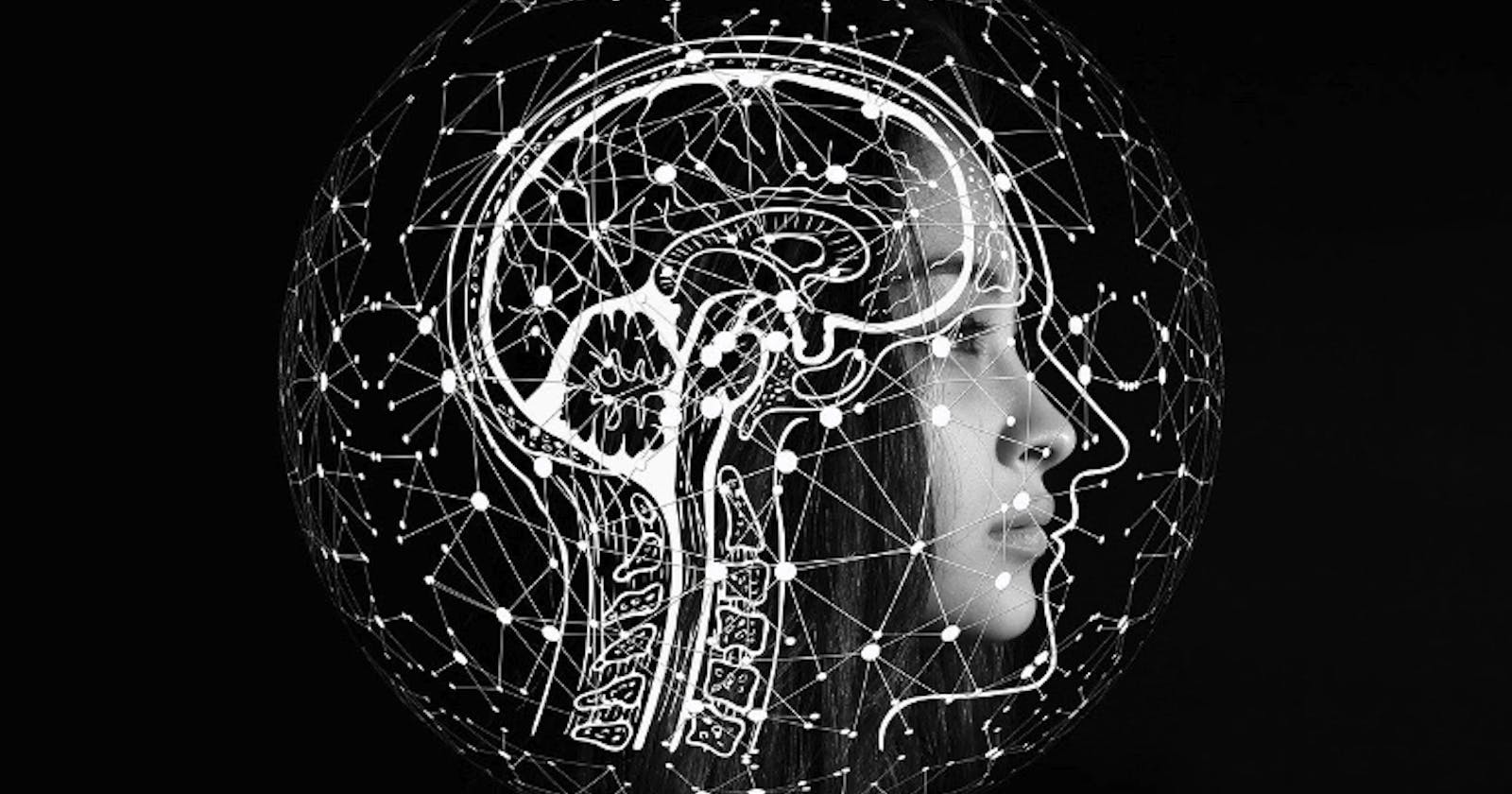The rise of chatGPT has pushed the question of AI taking over our jobs. The tech industry is buzzing with the conversation, but will AI mean the end of all jobs for humanity or some jobs?
To put this in perspective, we need to look at the projections of many experts.
Kai-Fu Lee, AI expert and CEO of Sinovation Ventures, wrote in his book AI Superpowers: China, Silicon Valley, and the New World Order that 50% of all jobs will be automated in 15 years; this was in 2018.
MIT researchers estimated Ai will wipe off over 2 million jobs in the market by 2025.
Cbsnews gave a list of jobs that would be most impacted, which is endless.
Would this lead to the end of human labour?
In the book 2020s and the future beyond, the author wrote "Battle Clash - Job Disrupting AI, Robots & Machines. "From the knowledge doubling curve of Buckminster Fuller, we see that the rate of change is exponential. In the 1900s, knowledge doubled every century (i.e. every 100 years). By the 1960s, knowledge doubled 25 years. 2020 knowledge doubled every 13 months.
According to IBM, it is estimated that knowledge will double every 12 hours in the coming years.
It means everything you know will become old and irrelevant the next day. Can humanity survive such a shift?
I decided to take this question to ChatGPT to mirror its opinion and see if it was programmed to become the bridge on which humanity will be rendered jobless.
Here are some specific jobs that AI will impact:
Data entry clerks
Telemarketers
Manufacturing assembly line workers
Cashiers
Bank tellers
Customer service representatives
Accounts payable/receivable clerks
Invoice processors
Medical coding and billing specialists
Radiology technologists
Legal document reviewers
Stock and commodities traders.
I poked more with the estimated number of jobs Ai will take off, and while ChatGPT was not forthcoming in giving me a number, it estimated the numbers were within 35 - 47% of jobs worldwide.
While this might be gloomy, as the expected projections are very high, it also exposes us to new jobs.
AI will bring roughly 97 million jobs to the US. While this needs to be verified, it is difficult to predict the exact percentage of jobs that AI will create.
The impact of AI on employment will depend on many factors, including the speed of technological advancements, economic conditions, and government policies.
AI can create new job opportunities in areas such as developing, deploying, maintaining, and managing AI systems.
For example, the demand for workers with skills in machine learning, data analysis, and software development is likely to increase as AI becomes more widespread.
However, the net impact of AI on employment will depend on the balance between jobs lost to automation and those that AI creates.
Currently, most experts believe that AI will likely result in a net loss of jobs in the short term but will also create new job opportunities in a long time.
It is important to note that the impact of AI on employment will not be uniform across all industries and regions.
ChatGPT is about to employ hundreds of developers to improve chatGPT programming capability, making its answers more precise and accurate.
The coming years would pioneer the next phase of the development of Ai.
Expected to be revolutionary, AI would open doors to innovation in medicine, space exploration and food for humanity.
It would also become a tool used by the government to track, eliminate and fight each other. What we see in Ukraine would be the tip of the iceberg as to what we can expect to see in the coming years.
It would also herald the singularity. A time when humans will fuse with robots, where technology will be so advanced that flying robots will no longer interest people as men would be in the phase of teleportation.
AI is alright, but the probability of it being used for sinister things by big corporations and government officials is relatively high. It is the fear many are currently having.
We can look back at the creation of the Atomic bomb; the horrors of Hiroshima and Nagasaki will forever remain with us.
Conclusion
What AI brings to the table is mind-blowing, and the jobs it will take will differ from the ones it will get.
However, AI'sAI's power to cause global disruption is the biggest hindrance to its acceptance; many believe some people will use it to create chaos.
While we watch closely, the future beckons us to see the world from the prism of machines.
To read more exciting articles like this, visit LearnHub Blog.

